On Saturday, September 24, my friend and I hopped into my little white car early in the morning and headed north. You can most commonly find the two of us at the barn in riding pants, so there had been a lot of debate on what to wear. We were going to a polo match for Work to Ride, and we wanted it to be perfect!
Building up to the event, I interviewed two of the graduates, Marc and Shariah Harris, siblings who have graduated college and are encouraging the next generation of W2R students. Following the interview, I wrote an article you can read here about the event and what makes it so important. So needless to say, I pretty much knew what to expect, or at least I thought I did.
Caitlin and I strolled through the gate with chairs slung over our shoulders and took it all in. To the right, horse trailers were lined up with horses and riders in polo gear scrambling about. The entire side of the field was lined with VIP tents, and I couldn’t help but smile. Each tent represented a sizable donation to this program I’ve grown to admire.
Peaking through the trees we could see a piece of the Philadelphia skyline, and the significance of it all hit me. For residents of Philly, this would be the equivalent of a polo match on the National Mall in DC. And not only that – this isn’t a polo match of “kings and queens”. These are kids from tough parts of town, with childhood experiences most of us can’t fathom, galloping horses and chasing a ball with the Philadelphia skyline at their backs and their friends and family by their side.
If there was one word to describe the match, it would be joy. It was palpable – from Nacho Figueras who traveled from Argentina to support his friend Kareem Rosser and the program that is changing so many lives, to the mothers of graduates, in their Sunday best with smiles so big you’d think they won the lottery!
I had a moment to sit down with Kareem Rosser for a couple of minutes and ask him a few questions. He was a guest on my LiveRideLearn podcast a few months back, and our conversation for the show was one of the most perspective-changing I’ve ever had. When I sat with him in the press tent, cameras crept awkwardly into his personal space, I had a “wow” moment.
If you’re familiar with his story, he grew up in “The Bottom,” a violent and poverty-ridden community in West Philadelphia. He lost friends and family to murder and drugs and found his solace in the warm barn of Work to Ride. Now he’s an adult sitting next to me with the casual focus of having a conversation over coffee. Yet around us, people were shouting, “Kareem! Kareem!” and dangling a boom mic over his head. What is this like for him? I wondered.
“What are you most excited about?” I asked. Kareem glanced at the camera approximately eighteen inches from his face before looking at me.
“I think just getting all these people out here. The fact of exposing some of these kids and people to the sport who normally wouldn’t have access to this is by far the most important thing to me personally.
“I think it will hopefully motivate those who may not realize there are other opportunities out there. Also, all the young kids of color watching these kids play will realize things they may not think is possible is very possible. These kids are a good example of that right now.”
Behind Rosser, Work to Ride students were laughing as they walked their horses to cool them out after their match. Graduates of the program walked alongside current students and there was an air of hope, of people who had gone before reaching back to encourage and pull along those who are coming up now.
“What’s your future vision for work to ride?” I asked Kareem.
Kareem was ready with his answer. “I want our program to quadruple in size. I want to be able to serve more kids. I hope this event expands every year. I think we certainly have the venue and the space to do it. Maybe this can be a multi-day event at some point because the demand will be there.” I mentally calculated the cost of a hotel for next year as he spoke, because it’s pretty clear – when Rosser puts his mind to something he gets it done.
He kept going, “I want to give people here in Philadelphia something to look forward to every year because we need things like this, especially thinking about the violence here in Philly I think this shines a positive light on the city.” He wasn’t wrong. I could imagine the joy from this event permeating the darkest places in Philly even for a moment.
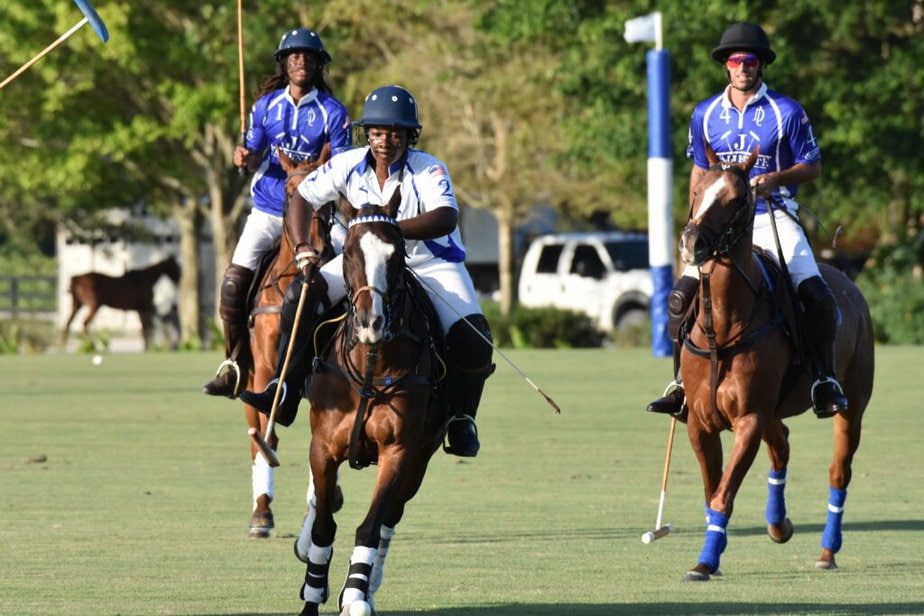
I had the opportunity to chat with Nacho Figueras who became aware of Work to Ride when he saw the kids play before one of his own matches in Middleburg, Virginia. He said he started to see “Lezlie and the kids,” on a regular basis and he was inspired by what they were doing. Now he is a friend to many of the players, and a big supporter of Work to Ride.
Brandon Reese graduated in 2013 from the program. When I asked what was the biggest takeaway from the program, he said, “For me personally, it was exposure, kind of living an oxymoron life. I could be in a billionaire’s mansion during the day and the same night I’m waking up to gunfire.”
Before I turned off the recorder, he added, “I want to say too I’m just grateful for the program, and for Lezlie and for the whole program itself. I’m glad this fundraiser is going on.”
Those final words were the sentiment of the day. Every interview mentioned Lezlie, the lady who one day decided to give up her personal comforts to start a barn for the kids who needed it most, who could least afford it. And everyone was grateful for Work to Ride. It’s a family. It’s opportunity. It’s hope. It’s exposure. It’s joy in an often dark place.
To learn more about Work to Ride or to support their mission, visit www.WorktoRide.net



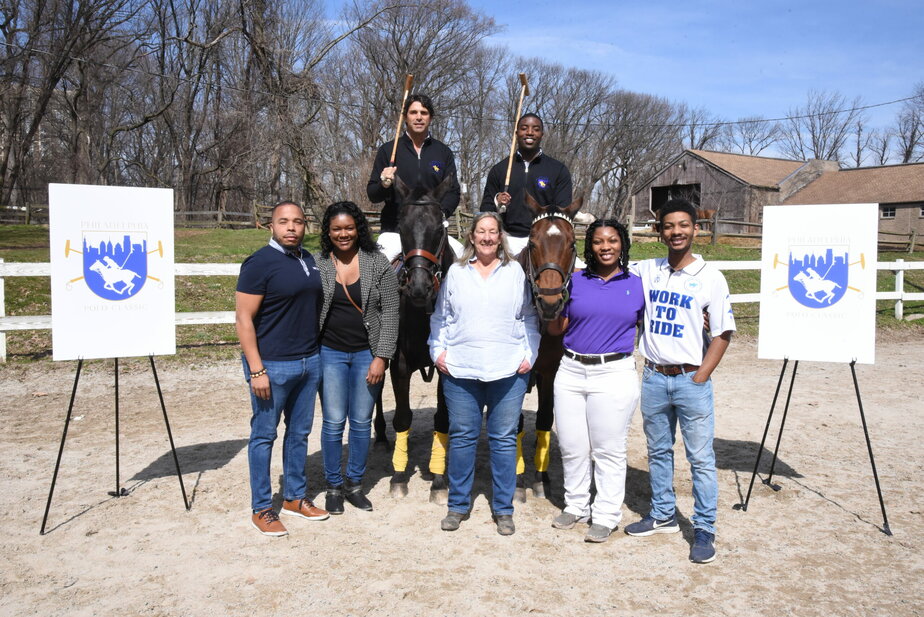
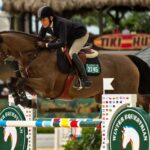
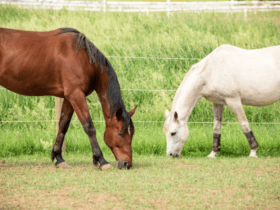
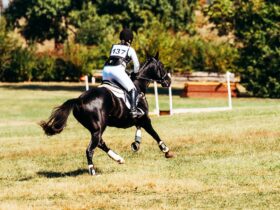
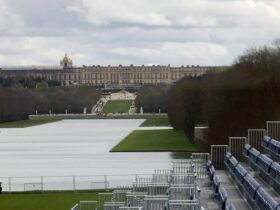
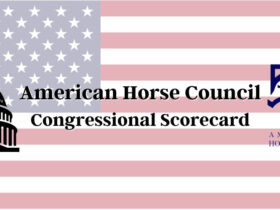
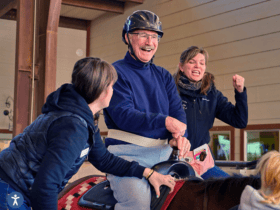
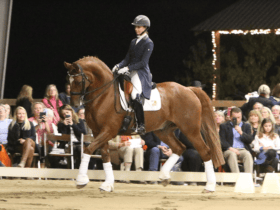
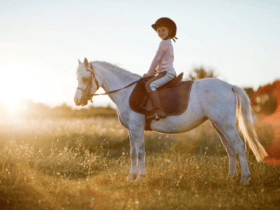


SOCIAL